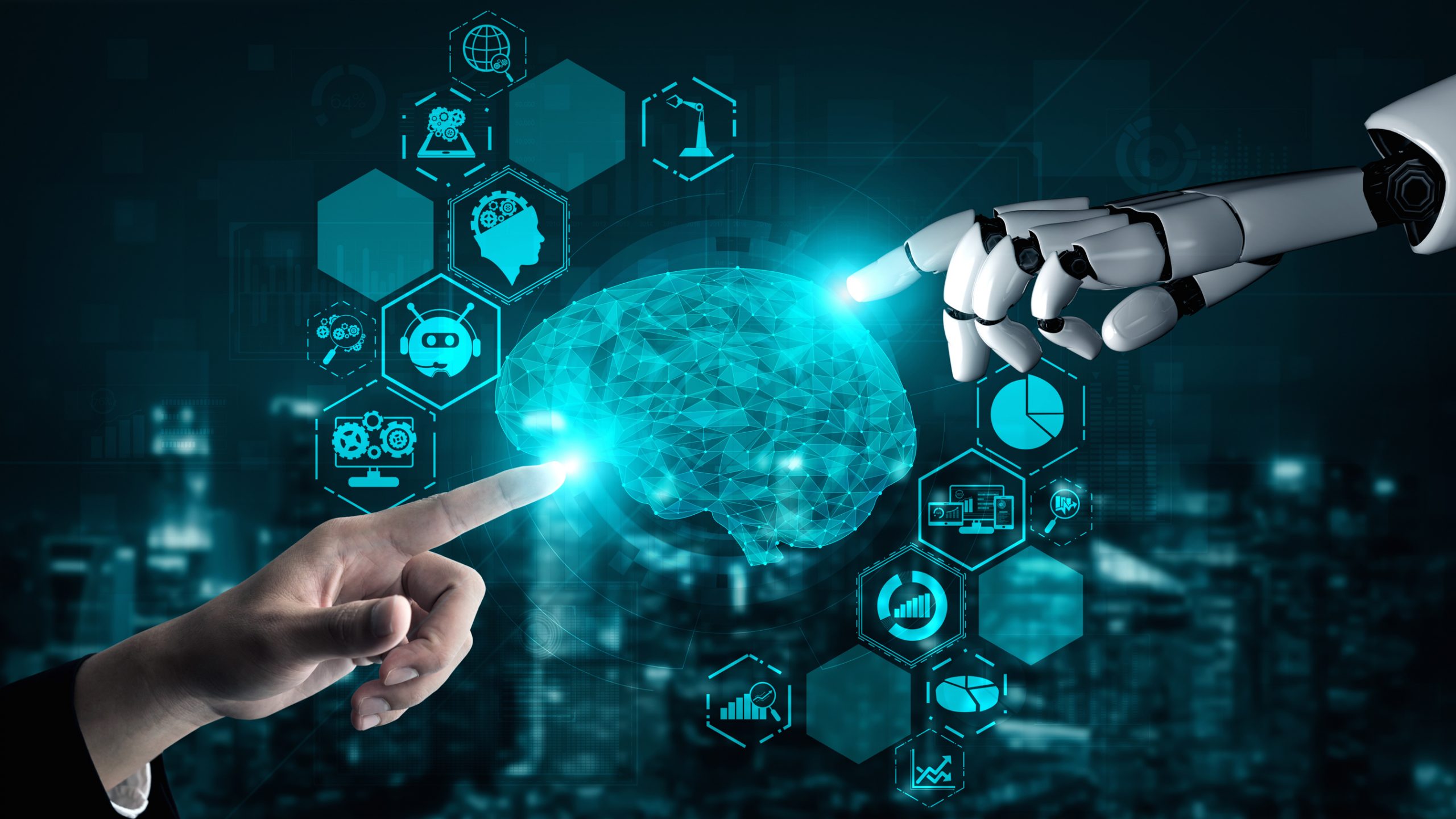AI technologies are rapidly developing in modern PPM practices, but there’s still much hype surrounding the technology, most notably, what it is and what it isn’t. While AI is no longer the futuristic concept it once was, it is still shrouded in mystery and misconceptions.
What AI is and isn’t
As a concept, the term Artificial Intelligence is very broad, but what is it really? AI is that umbrella description of multiple technologies that complete tasks a human can normally do. It mimics human intelligence and simulates that intelligence with a goal of assisting with decision-making when the data, parameters and variables involved are beyond human comprehension. AI is processing by machines. It is expert systems, natural language processing and speech recognition all through the vision of the machine.
Conversely, AI notoriously fails in capturing or responding to intangible human factors and thought that go into real-life decision-making — the ethical, moral, and other human considerations that guide the course of business and project management therein.
How AI will change the project management landscape
From a PPM perspective, there are two types of AI: Tactical and Strategic.
Tactical AI is the simpler automated tasks that we have already come to expect such as enabling the drafting of emails, automated writing of status reports, documenting meeting transcriptions and playing of emails.
Strategic AI is about looking at the many moving parts of projects and asking questions such as, can we do schedule predictions? Can we analyse lessons? Can we analyse risks? Can we analyse costs? AI-enabled systems perform daily administration and management of projects based on the insights provided without needing human input. They can analyse huge data sets more quickly, provide early warnings for upcoming issues through scheduled predictions, observe team member behaviour and augment human decision making with relevant and meaningful business insight, often in ways that humans can’t. AI-based project management tools will not only help save time but also help improve outcomes for teams and projects. They can automate simple project sub-tasks and develop an understanding of project performance to analyse and uncover project insights, make recommendations or even perform more complex tasks.
So relevant is AI becoming in PPM that technological research and consulting firm Gartner predicts that 80% of the work that represents the bulk of today’s project management discipline, practices and activity will be eliminated by partnerships between humans, smart machines and AI by 2030. Nervous? Don’t be. Because at the end of the day, projects are human, and the freedom to be human is the real value of AI.
How you need to prepare
While AI is certainly a promising tool to augment today’s project management discipline, it cannot stand on its own. The wholistic set of tools needed for successful outcomes is a combination of people, technology and emotion.
People have natural emotion and creating space for that emotion becomes important in giving us something the AI can start analysing as well. These become data points unto themselves, so if people are happy, they are probably achieving something of relevance. If people are fearful and we can detect this, we can get them to go and plan to get rid of this fear. If people are sad about something, there’s probably something that can be learnt from this as well. These human-centric data start to give us another dimension to our intel. It’s not just numbers but the qualification of raw emotion that combats the challenges to preparing for AI in project management.
Challenges to implementing AI in PPM
There are many factors that hinder an organisation’s ability to implement AI in their PPM tool, but none of them are so massive that they can’t be overcome in the early stages. One mistake organisations make is to implement AI just for the sake of it and with no clear justification or reasoning. Without clear intent about what they want to achieve as a result of utilising AI and whether they are seeking a tactical or a strategic method, organisations risk limited use of and the eventual downfall of the AI integration.
Another factor challenging the success of AI in PPM is poor data. Effective AI in PPM is only as good as the data that it can learn from, giving it the processing power it needs to run the AI-driven systems. Some organisations suffer from fear and embarrassment with the notion that their poor data will expose cracks in the organisation and reveal issues that the organisation doesn’t consider to be real issues. This forms a cycle of distrust in the technology and eventual downfall of the setup.
Finally, a lack of ability and desire to innovate can cause inertia in the implementation of AI in PPM. When developing AI it’s important not to limit it to the one project you’re working on. You must push for innovation outside of the project that is aligned with the organisation’s OKRs.
With perpetual advancements in AI technologies, new capabilities are constantly being added to AI models to make them more sophisticated. Organisations are starting to realise the importance of task tracking AI software when it comes to the management of their projects. With a strong focus on purpose, thorough preparation, an affinity to change and the right data and tools, any organisation can implement AI in their PPM with great success.
By Ryan Darby
With over 18 years in PPM and Work Management Ryan has developed into a well-rounded professional who can always be approached and asked for advice. With experience in over 100 PPM implementations and Ryan’s excellent people skills, he is always able to provide quality advice and direction. Ryan is an industry standard expert on all levels of PMI, PMO and Scaled Agile.
Have more questions?
Get in touch today.



